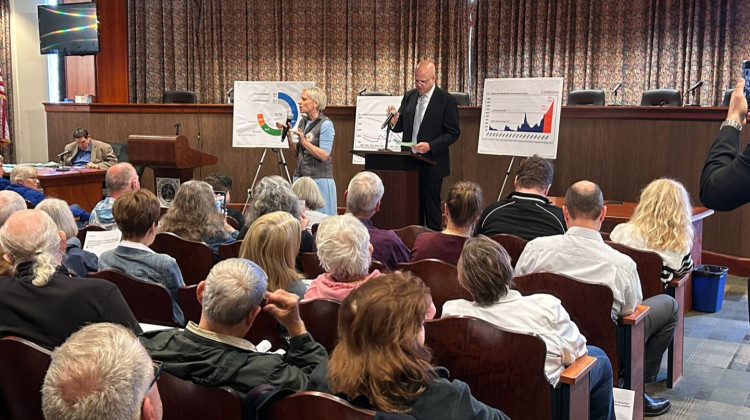Convenience store owner Jay Ricker says he’s been targeted by the General Assembly in proposed legislation on alcohol carryout permits.
The proposed legislative language would bar Ricker from renewing his permits next year.
At issue are restaurant permits Ricker’s was able to secure at two convenience stores. Those permits allow them to sell cold beer and hard liquor for carryout – previously, the sole right of liquor stores and restaurants.
Proposed legislative language would create a new requirement for retailers to get carryout permits – at least 60 percent of their alcohol sales must be from on-site consumption.
Retailers who got their permits before Nov. 1, 2016 would be exempt from that requirement. Ricker’s got their permits just after that date.
Jay Ricker says he doesn’t think that’s a coincidence.
“If you look at the constitution here and in the federal government, if you’ve obtained one legally, you get to keep it – even if they change the rules,” Ricker says. “So I feel like we’re being singled out.”
But Big Red Liquors lobbyist Matt Bell notes the proposal would allow Ricker’s to potentially keep its permits until April 2018 – after the 2018 session.
“That gives the General Assembly some time to determine what they want to do with this policy – and we welcome that conversation,” Bell says.
The proposed language must still be approved by both chambers.
 DONATE
DONATE







 Support WFYI. We can't do it without you.
Support WFYI. We can't do it without you.